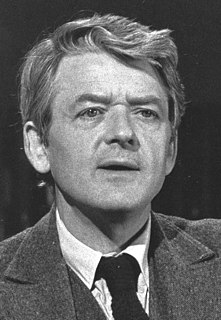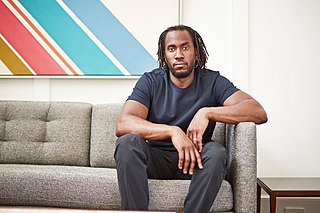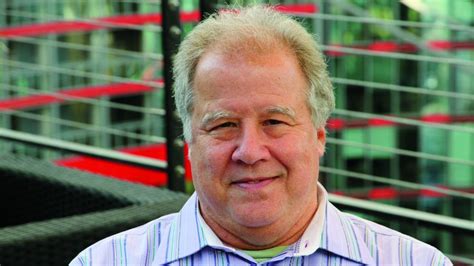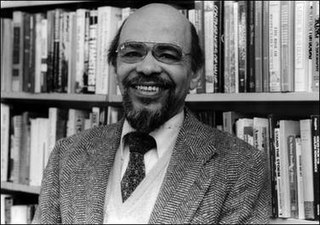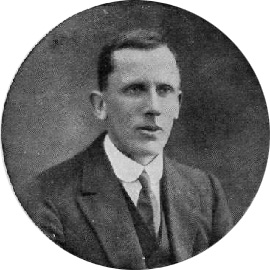A Quote by Hal Holbrook
Mark Twain married the daughter of one of New York State's leading Abolitionists, Jervis Langdon, who helped Frederick Douglass who became the great Negro leader to escape from slavery.
Related Quotes
I was in favour of the death penalty, and disposed to regard abolitionists as people whose hearts were bigger than their heads. Four years of close study of the subject gradually dispelled that feeling. In the end I became convinced that the abolitionists were right in their conclusions...and that far from the sentimental approach leading into their camp and the rational one into that of the supporters, it was the other way about.
The interesting scope of Mark Twain's development as a human being is that he grew. He saw, he travelled, he studied this country and later the world with the eye of a man educating himself. This is a central fact in the Mark Twain legacy. He became an American spokesman for the ideals of racial equality and dignity for the working man because he was willing to look the world in its face and see, really see what was happening to the people in it.
